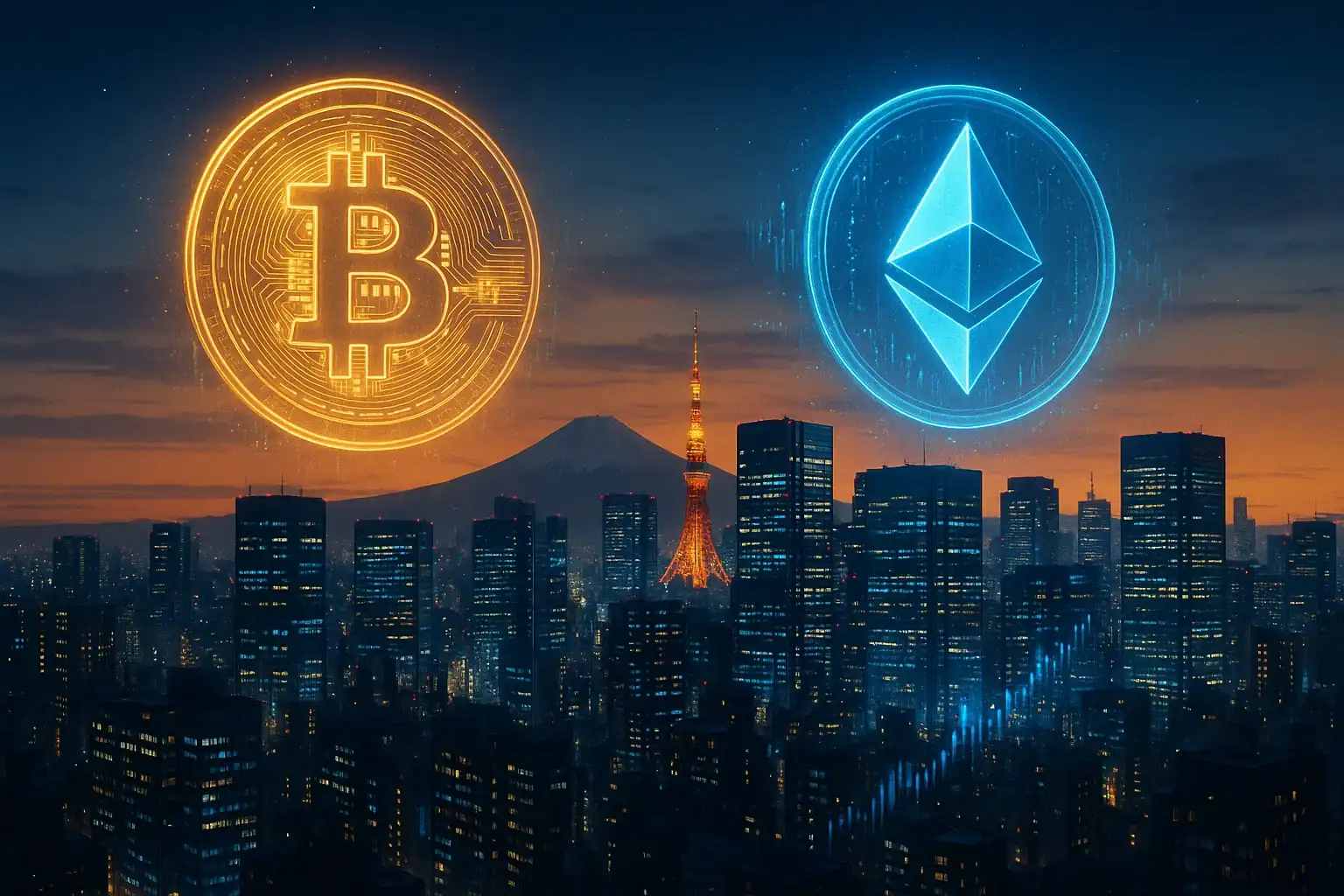A decade after Mt. Gox, Japan completes its return to the crypto world
In 2014, Japan was the epicentre of cryptocurrency chaos. The collapse of Mt. Gox exposed the fragility of an unregulated system, forcing Tokyo to choose between fear and reform. Ten years later, the country is no longer reacting: it is driving.
This week, the Financial Services Agency (FSA) and the Securities and Exchange Surveillance Commission (SESC) have unveiled plans to amend the Financial Instruments and Exchange Act (FIEA), introducing an explicit ban on insider trading in cryptocurrencies.
The reform would give regulators the power to investigate the activities of exchanges, impose penalties related to illicit profits, and prosecute offenders, applying the same standards as for stocks and bonds.
Unlike the United States, where enforcement often comes late, Japan is integrating digital assets directly into its financial securities legislation. It is not a 'reaction' regulation, but a conscious design.
Asian 'financial wall': a new era of digital surveillance
Tokyo's move does not happen in a vacuum. Across Asia, governments are tightening control over crypto infrastructure. South Korea has passed its Digital Asset User Protection Act, Hong Kong is imposing compulsory licences on exchanges, and Singapore continues to lead on the anti-money laundering surveillance front.
Japan to ban cryptocurrency insider trading with new rules https://t.co/TaOS9550Pm
- Nikkei Asia (@NikkeiAsia) October 14, 2025
Together, these systems are building what analysts call "Asia's financial wall": a coordinated regulatory perimeter designed to preserve innovation but prevent the same contagious speculation that swept Western markets between 2022 and 2023.
Japan's law against insider trading adds the missing layer: behavioural integrity.
For the first time, insiders in the crypto world - from exchange employees to project founders - will be exposed to the same criminal liability as stock traders who trade with confidential information.
Who is an "insider" in a decentralised world?
The more difficult question is not whether to ban insider trading, but who should be considered an insider in an ecosystem where code supersedes boards of directors. Many tokens do not have a single issuer, and on-chain data is pseudonymous.
The Japan Virtual and Crypto Assets Exchange Association (JVCEA), a self-regulatory body, has struggled for years to detect coordinated information leaks, lacking real investigative powers.
With the new rules, the SESC would gain the authority to request data from exchanges, monitor wallet activity and impose penalties proportionate to illicit profits. It is a hybrid model of transparency that combines blockchain forensics and regulation of traditional markets.
Tax reform and trust: two sides of the same strategy
As the rules are implemented, the Japanese government is considering reclassifying cryptocurrencies as financial products, reducing the maximum tax rate on cryptocurrencies from 55 per cent to 20 per cent. A move that would make Japan one of the most attractive regulated environments for investors in digital assets.
The support of political leader Sanae Takaichi, known for her stances in favour of digital sovereignty and innovation-oriented tax reform, shows that this is not just 'financial maintenance', but a national strategy.
By combining investor protection with competitive taxation, Japan aims to regain its role as a fintech leader in Asia and a global model for compliant and responsible crypto innovation.








